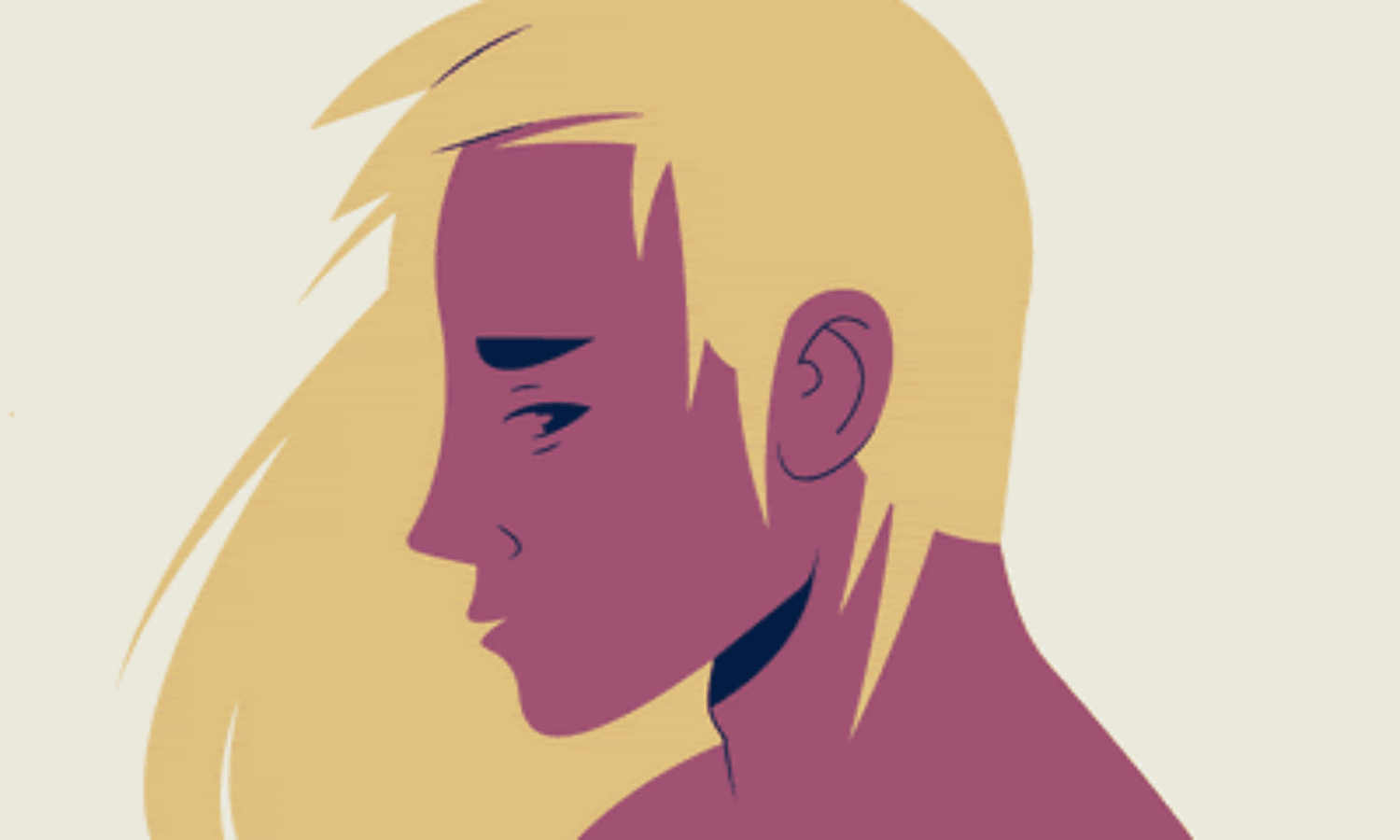“The Only Way to Survive is by Being Loud” - Experience of a Transwoman
In Delhi University

Kanmani Ray, a lawyer based in Delhi, presented herself as a transwoman when she joined law school at Delhi University in 2018. She would wear a shirt and pants upon leaving her house, carry a saree in a bag, travel for an hour in the metro, and then change into the saree after she reached campus. But which washroom would she go to change into her desired clothing? “If I walk into the women's washroom, they’ll say, you’re a man, why are you here? If I walk into the male washroom and come out wearing a saree, there’s a huge chance I will be sexually harassed, which has already happened to me a lot of times,” said Kanmani.
“So the only way I would deal with this would be by being very loud. I would wear a Payal. And walk boldly out of the washroom. The Payal would make a sound and I would use that as a weapon,” she added.
According to Ray, she also recognises that from her face to her voice, she “doesn't pass as a woman,” so just by looking at her people can make out that she is queer. “Staring is a huge part of being trans for I have gotten used to it. Law schools also try to create this hierarchy between juniors and seniors. However, it does not matter if I am junior or senior, I have always been stalked and faced harassment,’ she said.
In one instance while Ray was standing right outside the main office of Campus Law Center, a group of students used slurs against her, referring to her as a ‘whore,’ In another as she entered her law school campus in the middle of Delhi University student union elections, women from a particular political party looked her and said, “Ab ye log bhi aate hain law campus mein?”
“The only way I have survived in law school is being loud, by being assertive of myself and being present at every panel and conversation. I have also been so damn loud, that if anyone says anything they won’t be able to reach me,” she said. “But being hyper visible is very exhausting, and not a lot of people have this opportunity because they don’t want to fight these battles and don’t come from privilege that I do,” she added.
But by being loud Ray ensures that nobody in law school and in her everyday life can invisiblise her. “So many times when I would sit in the class, people would get up and leave and sit somewhere else, especially when I am wearing a saree. It's not a coincidence, it happens every time,” she said. “Even in the metro, parents turn away their children from me or keep a hand on their eyes everytime they are looking at me as if I am a bad influence,” she added.
Ray has also had to be apologetic for her identity in law school. “ I am always the person who has had to apologize to everyone and say ‘it's okay you don’t want me on the team,’ because we don’t know how the judges of the contest are going to react,” she said.
And the professors? “They don’t care,” says Ray. “Law schools don’t teach you article 377 or the NALSA judgment in detail, even though it is there on paper,” she added. There is also no mention of trans rights or trans people in the discussions held at law schools, according to Ray.
Under the landmark NALSA vs. Union of India judgment in 2014, the Supreme Court recognised the constitutional rights of equality, liberty, and dignity for transgender persons and noted that they should receive affirmative action, including reservations in public employment and education.
Following that, In December 2014, Rajya Sabha MP from the DMK, Tiruchi Siva, piloted a private member’s bill, which provided for reservation in employment and education for the transgender and intersex persons and was passed by the Rajya Sabha unanimously. The bill proposed a scheme of horizontal reservation for transgender and intersex persons – which meant that these persons would get benefits as a separate class within already existing reservation slabs, similar to the way reservation exists for women or people with disabilities.
However, the subsequent Transgender Persons (Protection of Rights) Bill 2016, which did away with many progressive provisions in the private member’s bill did not mention reservation. This was met with wide spread protests from transgender communities.
Now, The Economic Times recently, reported that the Ministry of Social Justice and Empowerment recently sought the National Commission for Backward Classes’s advice on the issue of including transgender people in the OBC list. According to transgender community activists, the Union Government’s move to add transgender persons to the list of Other Backward Classes (OBCs) will amount to providing transgender persons ‘vertical reservations’ within the OBC category, and be detrimental to large sections of the community.
Ray has been at the forefront of the this movement as a part of the Trans Right Now collective, opposing vertical reservations for trans people along side Grace Banu, another Dalit Trans Rights activist.
According to Ray, “This is unconstitutional, illegal and unethical,” “All women or persons with disability are not classified under the OBC category. Why should all trans persons be classified under one OBC category?” she added.
According to her, “Vertical reservations will only benefit transgender persons with privilege and money. They will take up all the seats in colleges and education intuitions. I come from a place of privilege and so my experience is very different from a trans person coming from Scheduled Caste and Scheduled Tribe communities,” added Ray.



